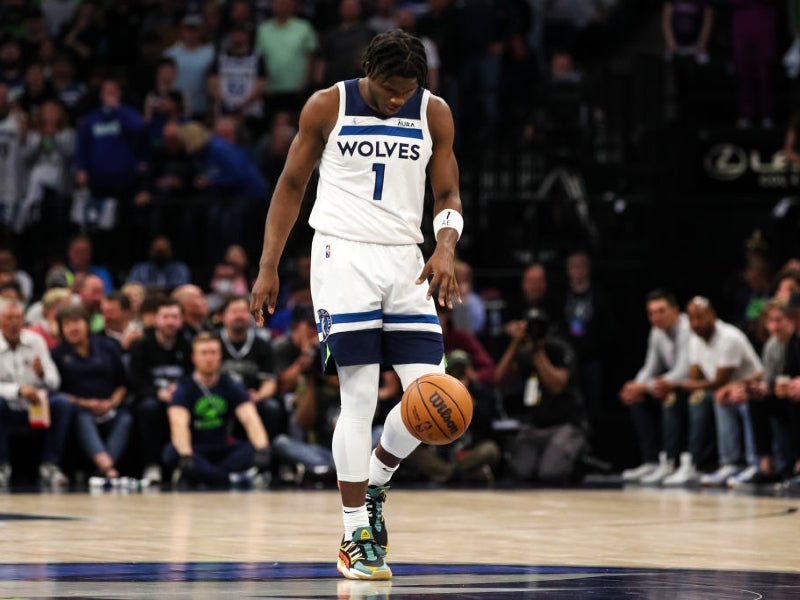
Social media has been both a blessing and a curse for athletes. On the positive side, it allows athletes to build their own personal brand, engage with fans, and promote themselves and their sponsors. Some young players in North America have become wildly popular via social media before they even make it to professional leagues. This has allowed some younger athletes to strike major deals with brands despite having little professional experience.
A recent example is Zion Williamson, whose popularity saw him strike a lucrative shoe deal with Nike’s Jordan brand. The tie-up, which runs over seven years, is worth approximately $75 million in total, or around $10.7 million a year.
However, social media has been the undoing of many athletes and their public reputations over the years. Every post from sport’s most popular athletes has millions of eyes on it, and one potential slipup can do irreparable damage to their personal brand.
Rising NBA star Anthony Edwards has been in the news recently for making homophobic comments on his Instagram account, which has 1.2 million followers. In his two years in the NBA with the Minnesota Timberwolves, Edwards has established himself as an incredibly popular figure within the league, even among other team’s fanbases. His style of play is among the most exciting in the league, while his joking personality has earned him many plaudits, and this has made him ripe for potential sponsorship opportunities.
The ideal situation for a brand is to identify a talented athlete early in their career with real star power who has the potential to become a megastar. LeBron James is perhaps the best example of this, having signed a lucrative deal with Nike as an 18-year-old, which has since been extended into a lifetime deal. James’ career has established himself as one of the greatest players in NBA history, and his career has been relatively free of controversy barring some comments concerning China in the summer of 2019.
Edwards put out an apology shortly after the controversy, but some online have criticized it, suggesting it was clearly written by a PR team given that many of Edwards’ tweets are written in a different format. Edwards is just one of a long list of athletes who have caused themselves issues. The financial damage that posts like this have can be monumental, as brands are always looking to protect their own public image. If they feel like their association with a given athlete is giving them negative press, then many will look to sever the agreement, which can often cost an athlete millions. Given that many of the largest sums of money earned by NBA athletes are through endorsement deals, this can be a huge blow to an athlete.
Edwards was fined $40,000 by the league for his actions, while Minnesota Timberwolves president Tim Connelly expressed the franchise’s disappointment at his comments, as well as offering an apology to those affected by the post. Edwards’ sheer talent and star power will likely see him avoid any serious further punishment, which also raises questions about the severity of consequences issued by sporting authorities and whether some athletes are largely exempt from meaningful consequences due to their talent. The reality is that star power is an important draw for any sport, and many leagues would be unwilling to ban players of a certain caliber for fear of lower viewership figures. After all, some viewers will only tune in to see specific players compete.
Not only do players have to be careful what they post, but they also have to be careful about how they act when they are out and about. In the social media era, people are constantly filming, and many athletes have been filmed during their downtime and had it posted to social media. This over-surveillance is symptomatic of the intrusive nature of social media as a whole and has led to athletes needing to be extra cautious in public.
While athletes shouldn’t be acting illegally in their personal lives, being regularly filmed while they aren’t working is an issue most other people simply don’t face and highlights how athletes are held to a different standard than most. Many former professional athletes have commented on how difficult it would be to be an athlete in the modern age, given the scrutiny and pressure. While social media has undoubtedly had benefits for athletes, it has also forced them to become more far more cautious and careful than their peers would have 20 years ago.
Image: David Berding/Getty Images



